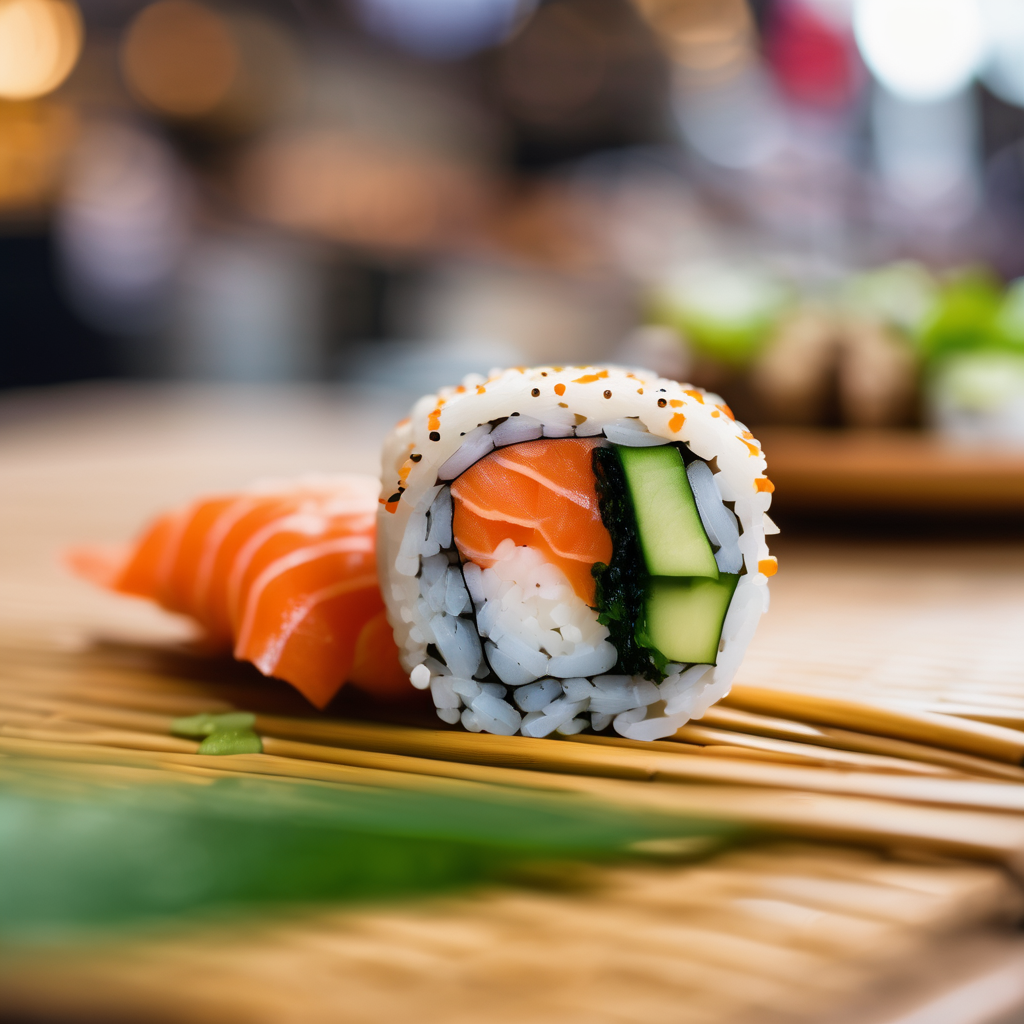China has once again suspended imports of Japanese seafood, marking a significant escalation in tensions between the two nations. This development follows recent comments made by Japanese Prime Minister Sanae Takaichi regarding Taiwan, which have been perceived as inflammatory by Beijing.
The seafood import ban was first reported by Japanese news agencies Kyodo News and NHK and has been confirmed by the Chinese Foreign Ministry. Officials stated there is “no market for Japanese seafood in the current climate,” a sentiment echoed throughout multiple reports. This new embargo emerges just months after China had partially lifted a previous seafood ban that had been issued in response to Japan’s decision to release treated wastewater from the decommissioned Fukushima nuclear plant.
While Chinese officials have cited a need for further monitoring of the water source as a reason for the ban, many observers interpret this as part of a broader retaliatory strategy in light of the escalating diplomatic row between the two countries. During a press briefing, spokesperson Mao Ning explained that Japan had “failed to provide the technical documentation it committed to,” further complicating the situation.
The conflict intensified following Takaichi’s statements to the Japanese parliament, suggesting that Japan might take military action should China attack Taiwan, framing such an attack as a threat to Japan’s existence. This assertion has sparked outrage in China, where officials demanded Takaichi retract her comments, accusing her of issuing a military threat and leaning into Japan’s militaristic past.
Despite Tokyo’s reiteration that its self-defense policy has not changed, the diplomatic efforts to alleviate tensions have been unfruitful. Earlier this week, a senior foreign ministry official was sent to Beijing for discussions, yet these did not help in easing the friction.
In addition to the seafood ban, the rising tensions have led to a range of economic and symbolic retaliations from China. Following the travel warnings issued to Chinese tourists and students, it was reported that nearly 500,000 flight cancellations occurred, with several airlines offering refunds. Shares in Japanese retail and tourism companies suffered as a result, reflecting a growing concern over the impact of these tensions on bilateral trade.
Moreover, cultural exchanges have been notably affected, with the suspension of Japanese film releases and the cancellation of cross-cultural events. On an international scale, China’s representative to the UN criticized Japan’s position for a permanent seat on the Security Council, arguing Takaichi’s remarks disqualified Japan from such recognition.
This sequence of events represents not only a significant diplomatic challenge but also underscores the delicate nature of Sino-Japanese relations, where political statements can quickly spiral into economic consequences. The hope remains that both nations might find a path towards dialogue and resolution, avoiding further escalation.
